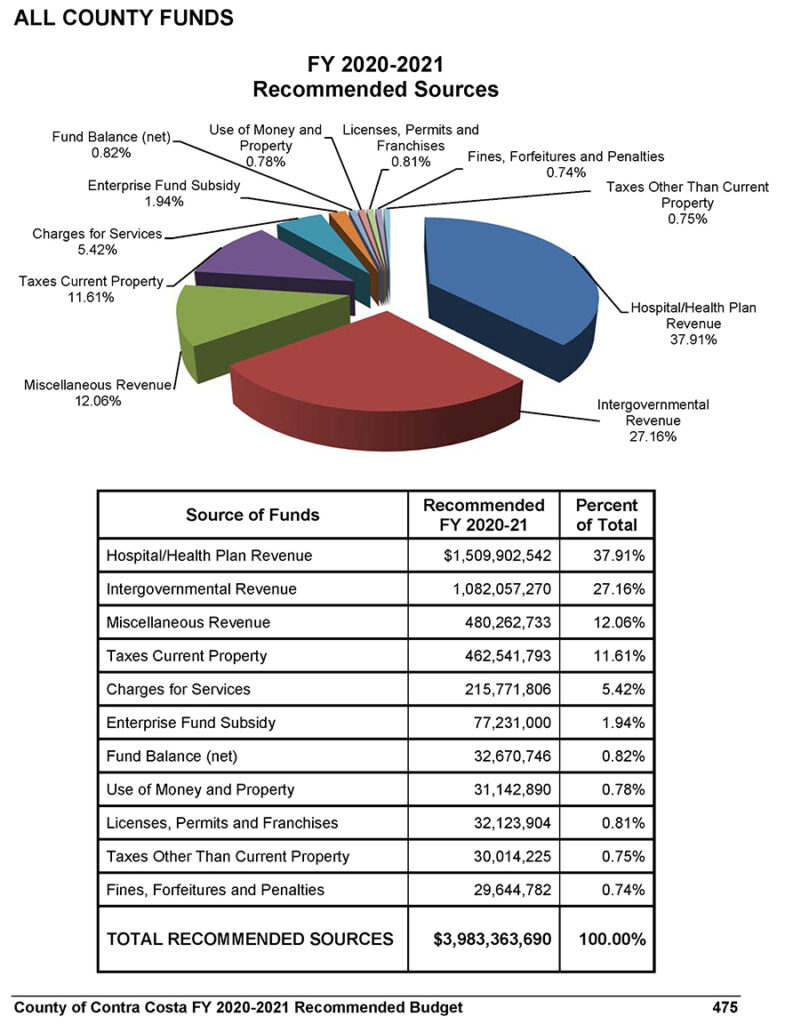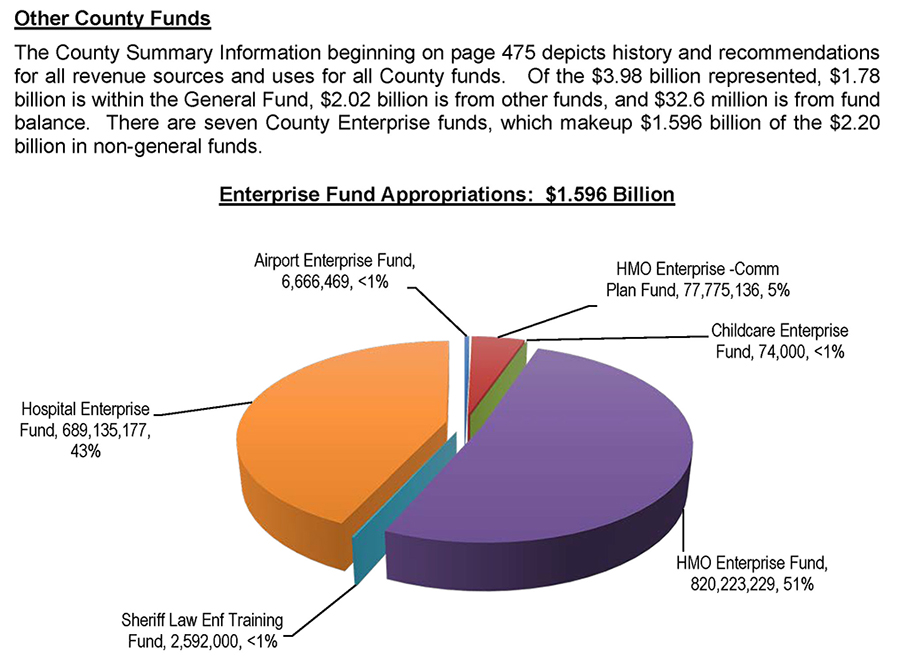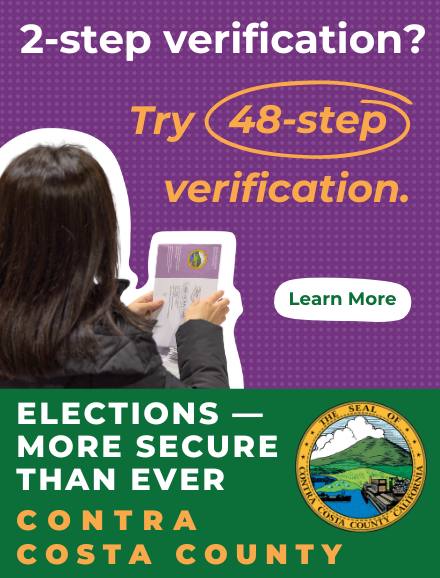Supervisors declare climate emergency on 5-0 vote, county’s COVID-19 status improving
Thursday, September 24th, 2020County COVID-19 Ranking Expected to Improve to Red Next Week
County to Mail More than 700,000 Ballots for Nov. 3 Election
 By Daniel Borsuk
By Daniel Borsuk
For a county with five major petroleum refineries, the Contra Costa County Board of Supervisors took a major step in addressing climate change by adopting a three-page climate emergency declaration. 43116_BO_ADOPT Climate Emergency Resolution
About 30 people supported the resolution’s nine items dealing with the global environmental issue during the supervisors’ tele-conferenced Board meeting on Tuesday. Supervisors also received a positive COVID-19 report from Contra Costa County Public Health Department officials and a report on the Nov. 3 California General and National Election from Contra Costa County Clerk-Recorder Deborah Cooper.
Upon adopting the climate change resolution, supervisors positioned the county in support of the State of California’s goals to cut greenhouse gases by 40 percent below 1990 levels by 2030, achieve net carbon neutrality by 2045, and provide 100 percent of the State’s electricity from clean energy sources by 2045.
The Board’s action also forms an interdepartmental task force of all county department heads or senior deputies that will focus on “urgently implementing the County’s Climate Action Plan – as currently adopted ….and identifying additional actions, policies, and programs the county will undertakes to reduce and adapt to the impacts of a changing climate. This task force should report to the Board of Supervisors through the County Sustainability Commission and the Board’s Sustainability Committee on a semi-annual basis starting in March 2021. Reports to the Board of Supervisors shall be discussion items for the Board.”
The resolution states that “Contra Costa County should develop policies to require all new construction to be fully electric through the adoption of Reach Building Codes.”
“Contra Costa County will prioritize the implementation of its Climate Action Plan in order to achieve greenhouse gas reductions as soon as possible and will consider equity and social justice issues in the implementation of the plan,” the Board’s resolution states.
In addition, the resolution states: “that health, socio-economic, and racial equity considerations should be included in policymaking and climate solutions at all levels and across all sectors as the consequences of climate change have significant impacts on all County residents, especially the young, the elderly, low-income, or communities of color and other vulnerable populations.”
Initially it appeared Board Chair Candace Andersen, who says she drives a hybrid car, was leaning to cast a “no” vote on the resolution, but after listening to about 30 speakers mostly in support of the resolution, the Danville-based Supervisor voted in support of the resolution. The Supervisor said she had an issue about the urgency of the state shifting from a fossil fueled based economy to an electric powered based economy that would potentially be more energy efficient and less environmentally harmful.
Jackie Garcia, a Lafayette-based builder, asked Supervisors to pass the resolution because “People want energy-efficient houses. People don’t use gas stoves anymore. They use energy efficient electric stoves.”
“This resolution requires immediate action,” said Supervisor Karen Mitchoff of Pleasant Hill who also serves on the commission of the Bay Area Air Quality Management District. “I will support this resolution.”
Incoming Board Chair for 2021 Supervisor Diane Burgis of Brentwood, who said she has worked on environmental issues, especially related to water, said “I will support this resolution because it will directly affect our future way of life in Contra Costa County.”
Supervisor Federal Glover of Pittsburg, who was elected to serve as Vice Chair for 2021 by his colleagues provided he is reelected in November’s election against County Assessor Gus Kramer, said “This is a good first step. It gives people notice.”
In passing the resolution that more than 1,000 other California cities, counties and regional governmental agencies have done before Tuesday’s supervisors’ meeting, the Contra Costa resolution “declares a climate emergency that threatens the long-term economic and social well-being, health, safety, and security of the County, and that urgent action by all levels of government is needed to immediately address this climate emergency.”
“Real Good News” on the COVID-19 Front
Contra Costa County Public Health Department Director Anna Roth informed supervisors there is “real good news” concerning COVID-19. She expects the state to announce perhaps on Sept. 29 that the county’s COVID-19 status will be upgraded from purple to red.
The color change will mean the county will probably be allowed to open more businesses that have been shuttered since the public health shutdown order went into effect in March.
Roth expects some K-12 schools, as many as 35, could reopen for students with proper health protocols in place. Roth said Contra Costa County Superintendent of Schools Lynn Mackey will oversee the reopening of the schools.
Roth reported there have been 15,156 COVID-19 patients in the County since the outbreak of the flu in March. There have been 202 deaths in the county since March. In the past 24 hours there were 52 COVID-19 patients reported in the county hospital and no deaths have been reported, she said. “Our County death rate is less than the national average,” she said.
In a push to increase the number of people who are tested for COVID-19, Contra Costa County Public Health Officer Dr. Chris Farnitano said about 330,000 residents have been tested. “That’s still not enough,” said Dr. Farnitano, who said the County will open a drive-up test site at the Bay Point Health Center in October.
Dr. Farnitano said the county will start to give free flu shots at the County’s Antioch, Concord, Richmond and San Ramon drive up sites. “Vaccination is important because it is difficult to tell the difference between the flu and COVID,” he said.
More Than 700,000 Ballots Expected for Nov. 2 Election
The Contra Costa County Office of Elections expects to mail more than 700,000 ballots to registered voters for the Nov. 3 election, up from 687,000 ballots mailed last November to registered voters, said Contra Costa County Clerk-Recorder and Registrar of Voters Deborah Cooper.
“We encourage people to stay safe and vote by mail,” said Cooper. There will also be 37 ballot drop boxes around the County so voters can drop off ballots 24/7 from Oct. 5 through Nov. 3. Official ballots will be mailed to voters on Oct. 5, but if a registered voter has not received a ballot by Oct. 19 they should contact the Elections Office, (925) 335-7800.

















 The California Department of Public Health on Friday announced
The California Department of Public Health on Friday announced 













